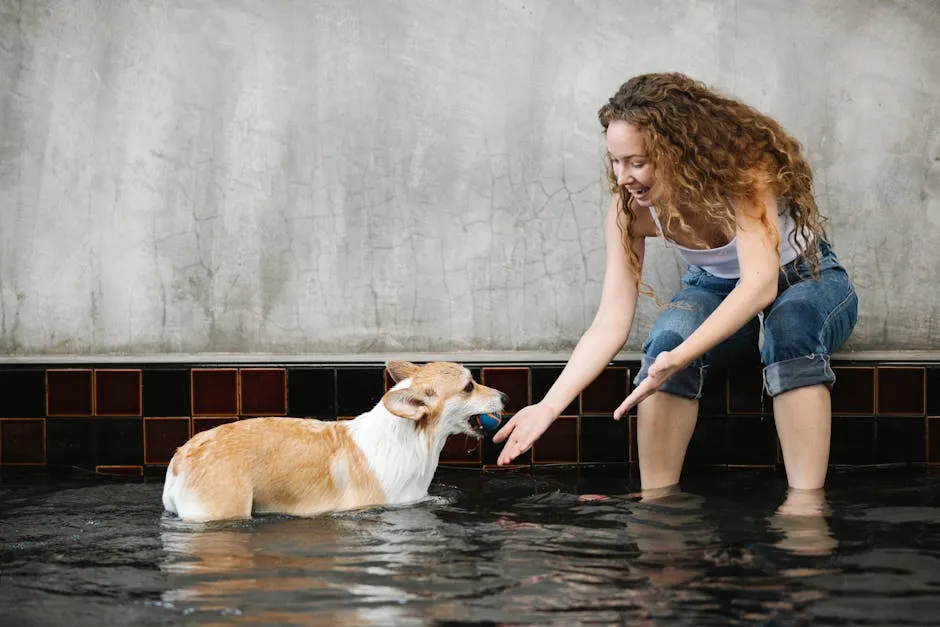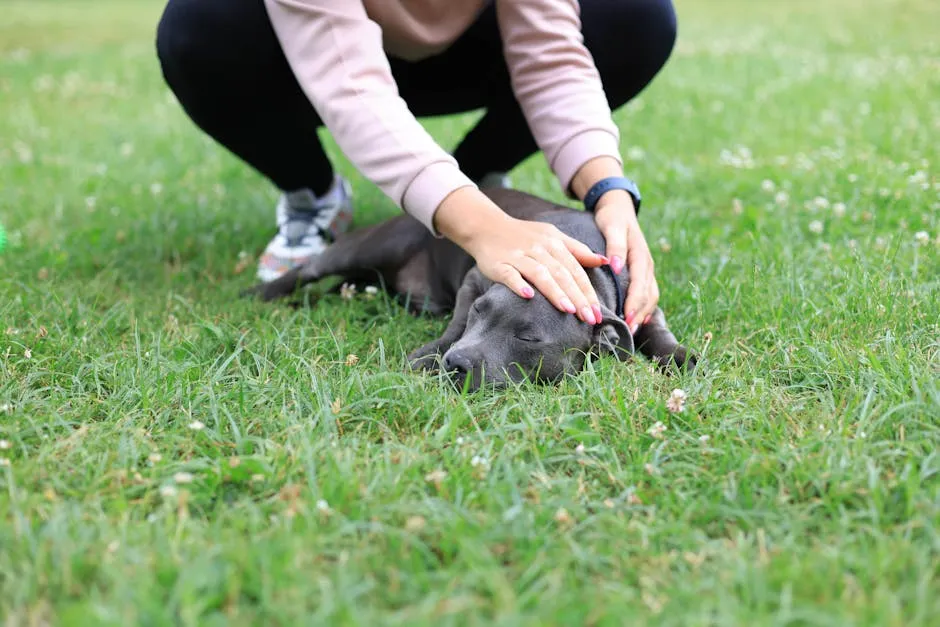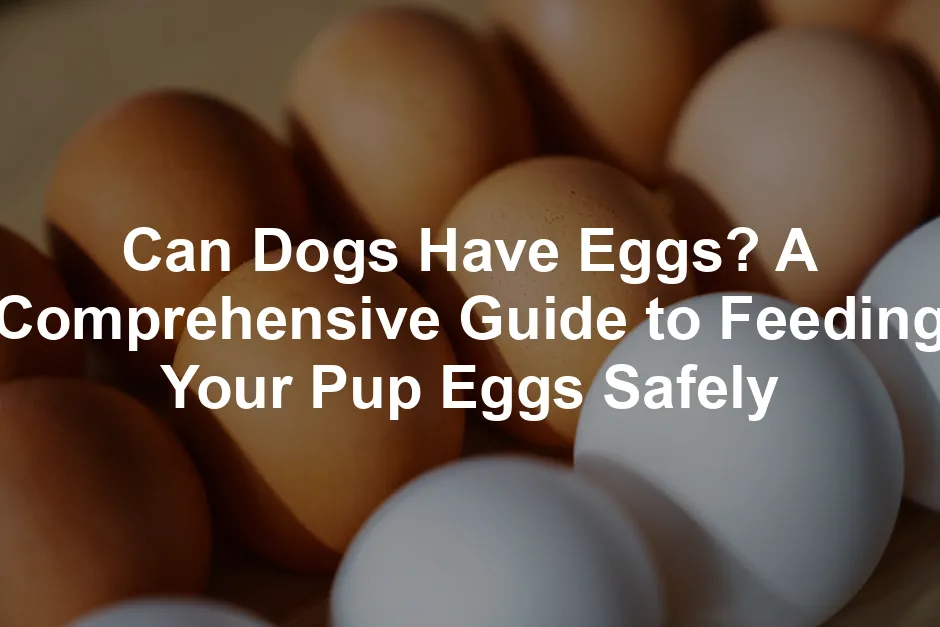Introduction
Have you ever wondered if your furry friend can enjoy eggs? Good news! Eggs are safe and nutritious for dogs. Packed with protein and essential nutrients, they can support your dog’s health. However, it’s crucial to know how to incorporate them into your pup’s diet safely. Let’s explore the benefits and best practices for feeding eggs to your dog.
For tips on ensuring a smooth introduction between dogs and babies, check out this helpful guide. tips on ensuring a smooth introduction between dogs and babies 2024
Summary and Overview
In this article, we’ll cover everything you need to know about dogs and eggs. First, we’ll discuss the nutritional benefits of eggs, including their high protein content and essential vitamins. Next, we’ll look at safe preparation methods to ensure your dog enjoys them without any risks. Additionally, we’ll highlight potential concerns, such as allergies and the dangers of raw eggs. Lastly, we’ll provide best practices for feeding eggs to your dog and emphasize the importance of consulting your vet before making any dietary changes. By the end, you’ll feel confident in sharing eggs with your pup!

Speaking of confidence, why not train your dog with some tasty Dog Treats for Training? They are perfect for rewarding good behavior and making training sessions more enjoyable!
Nutritional Benefits of Eggs for Dogs
Overview of Nutrients
Eggs are a powerhouse of nutrition for dogs. They offer high protein, essential vitamins, and fatty acids. Let’s break down these benefits.
First, the protein content in eggs is impressive. A single large egg contains about 6 grams of protein. This helps support muscle development and overall health. Protein is vital for a strong immune system too.
Next, eggs are rich in vitamins. They provide Vitamin A, which boosts immunity and supports vision. Vitamin B12 plays a crucial role in energy production and red blood cell formation. Eggs also contain Vitamin D and folate, important for bone health and cellular functions.
Finally, eggs are a source of essential fatty acids, particularly Omega-3 and Omega-6. These fatty acids promote skin health and a shiny coat. They also help maintain heart health and reduce inflammation.
In summary, eggs can be a nutritious treat for your dog. They provide protein, vitamins, and healthy fats that contribute to your pup’s overall well-being. Consider adding eggs to your dog’s diet as an occasional treat!

And while you’re at it, ensure your pet’s food stays fresh with an excellent Pet Food Storage Container. It keeps your dog’s food fresh and pest-free, which is a big win for both of you!
Can Dogs Eat Raw Eggs?
Risks of Feeding Raw Eggs
While some may consider raw eggs for their dogs, it’s important to be cautious. Feeding raw eggs carries certain risks that can affect your dog’s health.
One major concern is the risk of salmonella. Raw eggs may be contaminated with this bacteria. Salmonella infections can lead to symptoms like fever, vomiting, and diarrhea. In fact, studies show that approximately 1 in 20,000 eggs may carry salmonella.
Another risk involves biotin deficiency. Raw egg whites contain avidin, a protein that inhibits biotin absorption. Biotin is essential for skin health and metabolism. Regularly feeding raw eggs can lead to deficiencies, even though it’s rare.
Veterinarians generally advise against feeding raw eggs. It’s safer to cook eggs thoroughly before offering them to your dog. Cooking eliminates harmful bacteria and protects against biotin deficiency.
To keep your furry friend safe, always cook eggs before feeding them. This simple step can help avoid potential health issues. Remember, your dog’s health is worth it!

And speaking of health, why not ensure your pup is always looking their best? Consider using a Dog Shampoo to keep their coat shiny and clean!
How to Cook Eggs for Dogs
Safe Cooking Methods
Cooking eggs for your dog is simple and rewarding. There are several safe cooking methods you can choose from. Boiled, scrambled, or poached eggs are all excellent options. Each method keeps the egg nutritious without adding harmful ingredients.
When preparing eggs, avoid using salt, butter, or oil. These additives can upset your dog’s stomach and lead to health issues. Keep it plain to ensure your pup enjoys a healthy treat.
Portion size is also important. For most dogs, one egg per day is sufficient. Smaller dogs may only need half an egg. Always monitor how your dog reacts to new foods.

Why not try cooking an egg for your furry friend? Share your experiences and favorite recipes in the comments!
And while you’re whipping up something special, consider treating your dog with a fun Dog Chew Toy! They’ll love chewing away while you cook!
Can Dogs Eat Eggshells?
Benefits and Risks
Eggshells can be a source of calcium for dogs, which is beneficial for their bones and teeth. However, there are some risks to consider. Sharp edges from eggshells can pose a choking hazard. Additionally, raw eggshells may carry salmonella, which is harmful to dogs.
If you want to include eggshells in your dog’s diet, it’s best to prepare them safely. Grinding them into a fine powder is recommended. You can also cook the shells to eliminate potential bacteria.
Always consult your veterinarian before introducing eggshells. They can guide you on the right approach for your dog’s specific needs. Remember, safety first!

Speaking of safety, have you considered a Pet First Aid Kit? It’s always wise to be prepared for any little mishaps!
How Many Eggs Can a Dog Eat?
Guidelines on Serving Size
Wondering how many eggs your dog can safely enjoy? The answer varies based on your dog’s size and health. Generally, most dogs can eat one egg per day. However, smaller dogs may need less, while larger breeds can handle more.
Here’s a quick reference table to guide you:
| Dog Size | Max Eggs Per Day | Max Eggs Per Week |
|---|---|---|
| Toy (up to 6 kg) | ¼ | ½-1 |
| Small (6 kg-10 kg) | ½ | 1 |
| Medium (11 kg-25 kg) | 1 | 1-2 |
| Large (26 kg-45 kg) | 1 | 2-3 |
| Giant (over 45 kg) | 2 | 3 |

Keep an eye on your dog’s reaction. Signs of overconsumption include digestive issues like vomiting or diarrhea and even weight gain. If you notice these symptoms, reduce the egg intake.
Always remember to consult a veterinarian for personalized feeding guidelines. They can offer tailored advice based on your dog’s unique needs.
Can Dogs Be Allergic to Eggs?
Signs of Allergy
Yes, dogs can develop allergies to eggs. Just like humans, they can react negatively to certain proteins. Symptoms of an egg allergy may include:
- Vomiting or diarrhea
- Skin irritations or hives
- Respiratory issues like coughing or sneezing
When introducing eggs to your dog, do it gradually. Start with small amounts and observe for any adverse reactions. If you notice any symptoms, it’s important to seek veterinary advice immediately.
Monitoring your dog’s health is crucial, especially when trying new foods. By being attentive, you can ensure that your furry friend stays healthy and happy.

And while you’re at it, make sure you have the right tools for grooming! A Dog Toothbrush and Toothpaste Set is essential for your dog’s dental hygiene!
Potential Risks of Feeding Eggs to Dogs
Health Considerations
While eggs can be a healthy treat for dogs, there are potential risks to consider. One key concern is the dietary fat content. Egg yolks are rich in fat, which can be problematic for dogs, especially those with pancreatitis or weight issues. High-fat diets can lead to obesity, which affects about 56% of dogs in the U.S.
Obesity in dogs can lead to several health problems. It increases the risk of diabetes, joint issues, and heart disease. Therefore, it’s essential to maintain a balanced dog diet. Moderation is crucial when introducing eggs to your dog’s meals.
Veterinarians generally recommend limiting egg consumption to avoid nutritional imbalance. Too many eggs can contribute to excessive protein intake and disrupt your dog’s overall dietary balance. Always keep an eye on your dog’s weight and health.

Remember, moderation is key! Consult your vet before making any changes to your dog’s diet, ensuring they enjoy eggs safely.
And to keep your dog cozy while you figure all this out, how about a stylish Dog Sweater? They’ll be warm and fashionable!
Conclusion
In summary, feeding eggs to your dog can be beneficial, but moderation is vital. Always cook eggs to eliminate risks and watch for any signs of allergies. It’s essential to introduce eggs gradually and monitor your dog’s reaction. For personalized dietary advice, consulting with your veterinarian is highly recommended. They can help ensure your furry friend stays healthy and happy!
FAQs
Can I feed my dog raw eggs?
Feeding raw eggs poses risks like salmonella infection. It’s safer to cook eggs thoroughly before serving.
How should I prepare eggs for my dog?
Cook eggs by boiling, scrambling, or poaching without added salt, butter, or oil.
What are the signs of an egg allergy in dogs?
Symptoms include vomiting, diarrhea, and skin irritations. Monitor your dog after introducing eggs.
Can puppies eat eggs?
Yes, puppies can eat eggs if cooked. However, they should primarily consume puppy food.
Is it safe to mix eggs with my dog’s regular food?
Yes, you can mix eggs with regular meals. Just ensure the eggs are cooked and plain.
Please let us know what you think about our content by leaving a comment down below!
Thank you for reading till here 🙂

Oh, and don’t forget to check out a Dog Camera Monitor to keep an eye on your pup while you’re away!
All images from Pexels





